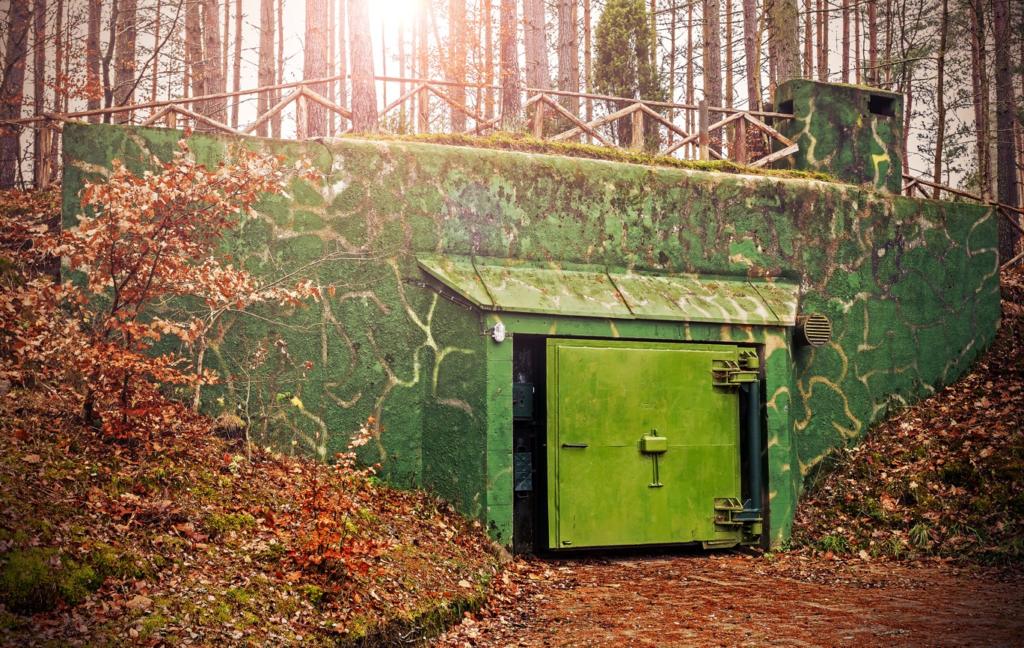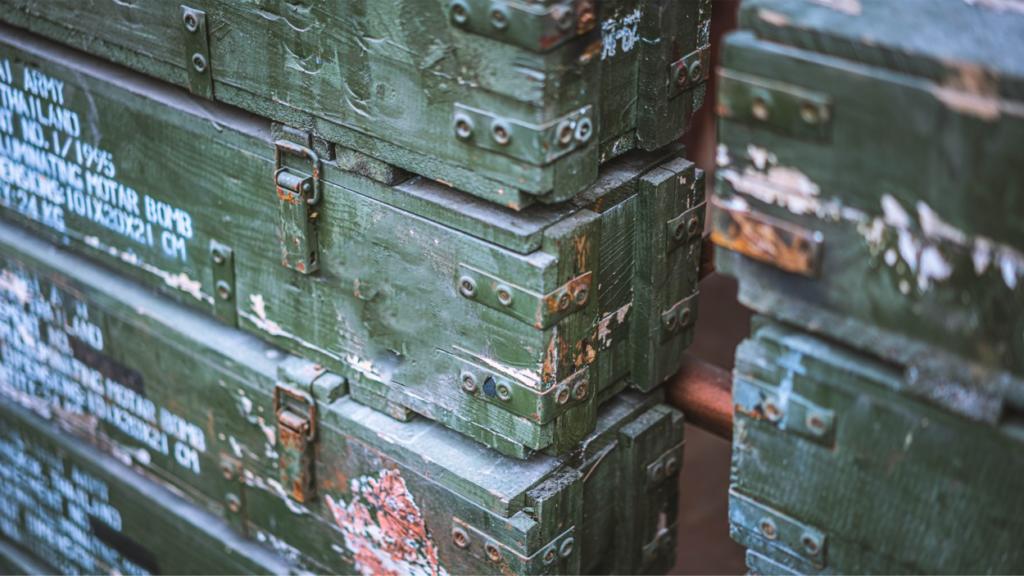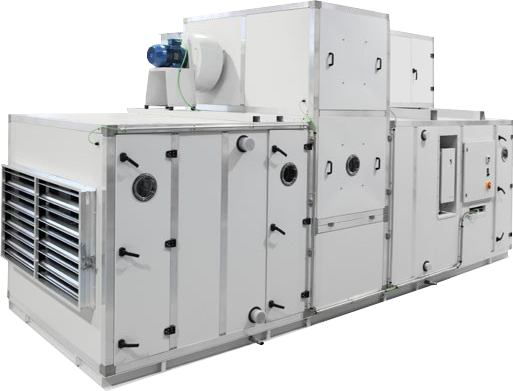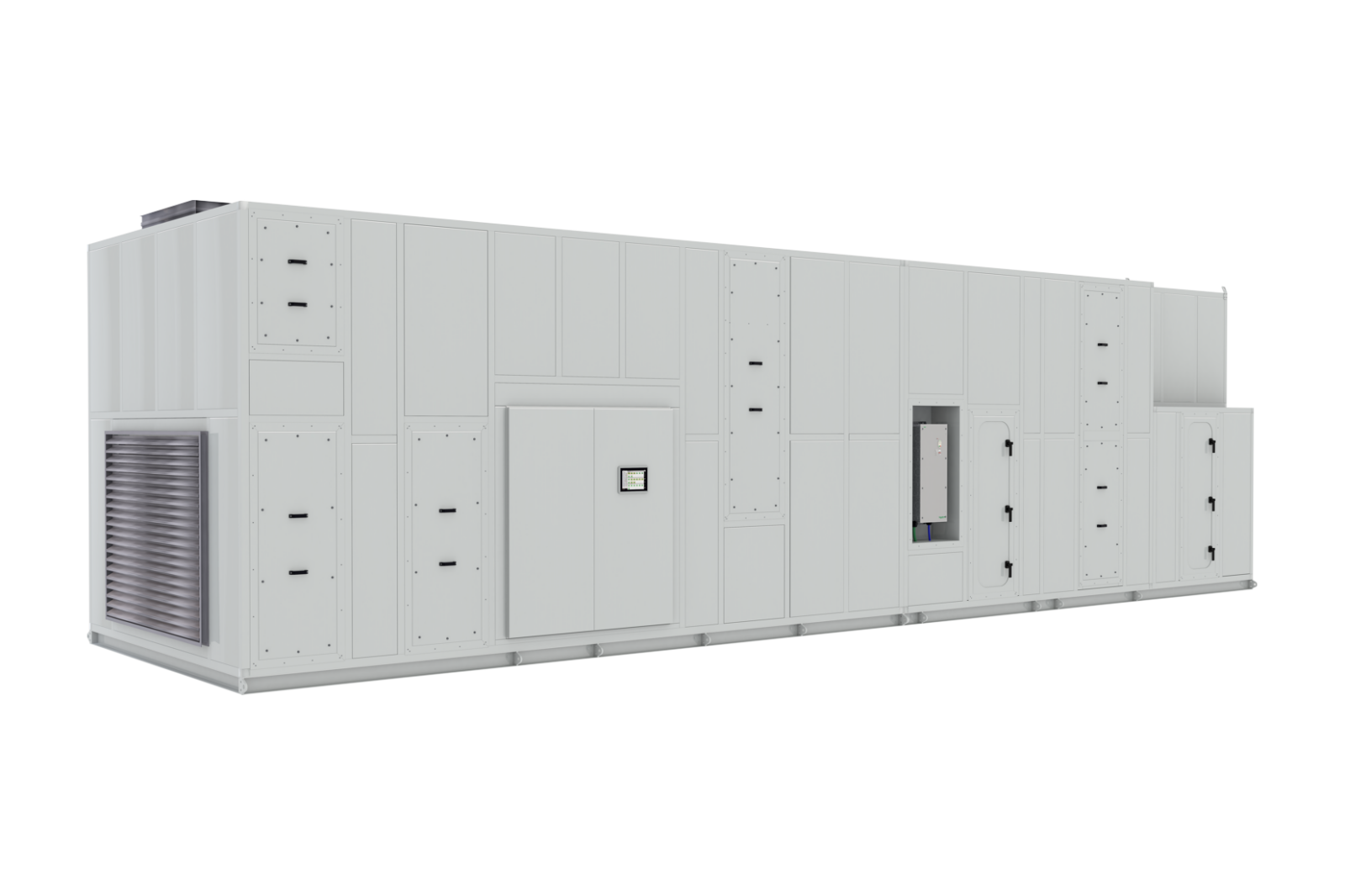-
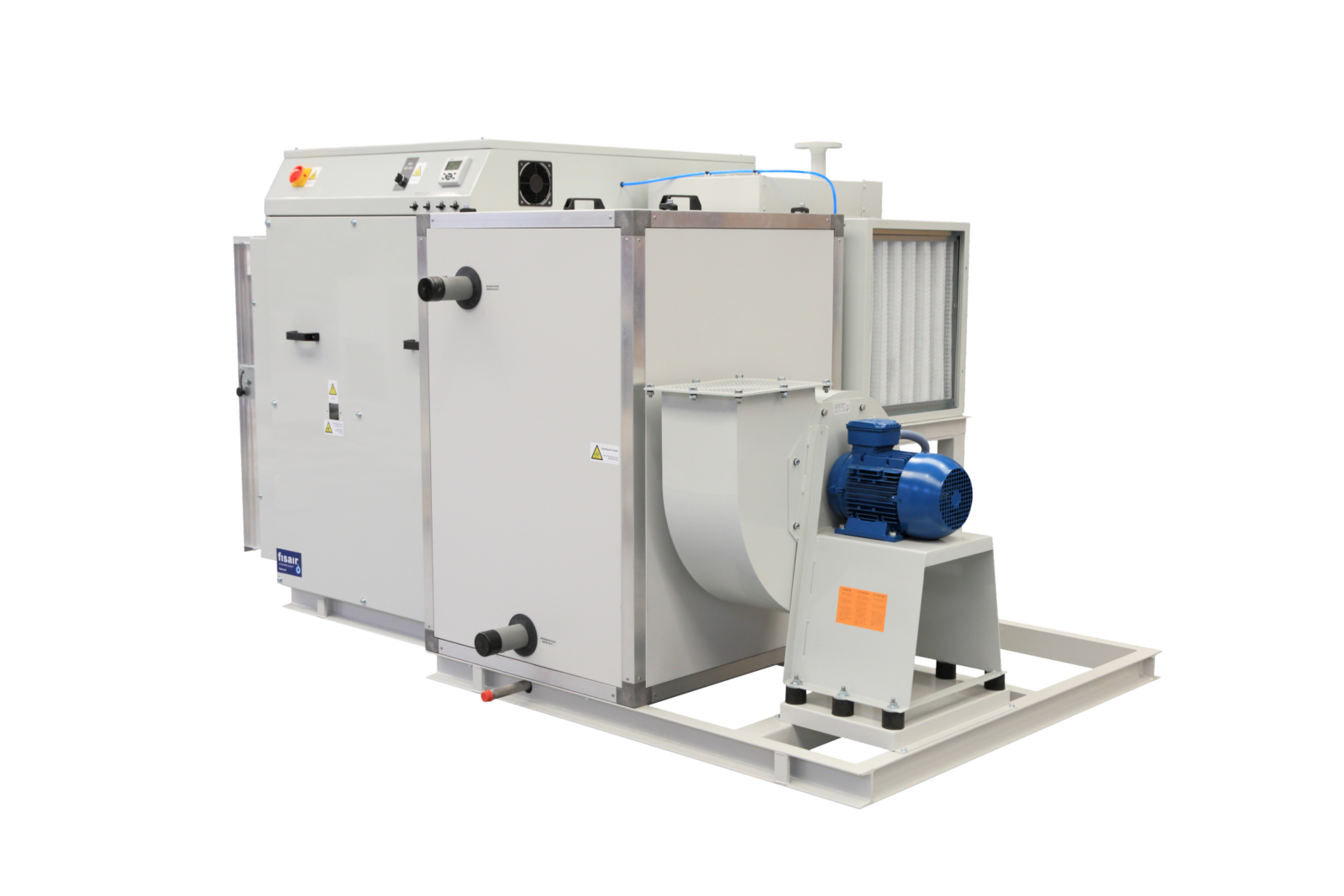 A wide range of Solutions. Highly reliable units with drying capacities from 4 to 42 kg/h and dry air flows from 450 to 6.000 m3/h.
A wide range of Solutions. Highly reliable units with drying capacities from 4 to 42 kg/h and dry air flows from 450 to 6.000 m3/h. -
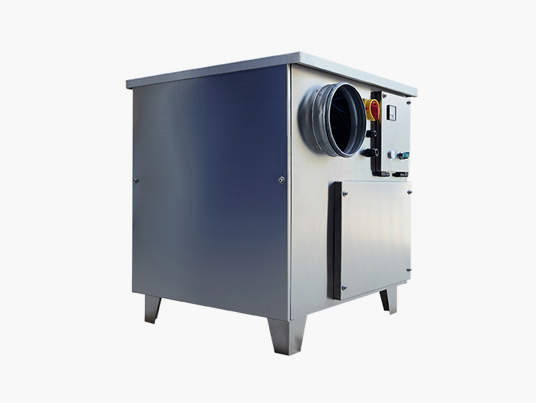 The compact solution. The B series made from stainless steel provides a range of highly compact, robust and portable dehumidifiers for use in the most demanding applications while meeting high reliability and low energy consumption needs.
The compact solution. The B series made from stainless steel provides a range of highly compact, robust and portable dehumidifiers for use in the most demanding applications while meeting high reliability and low energy consumption needs. -
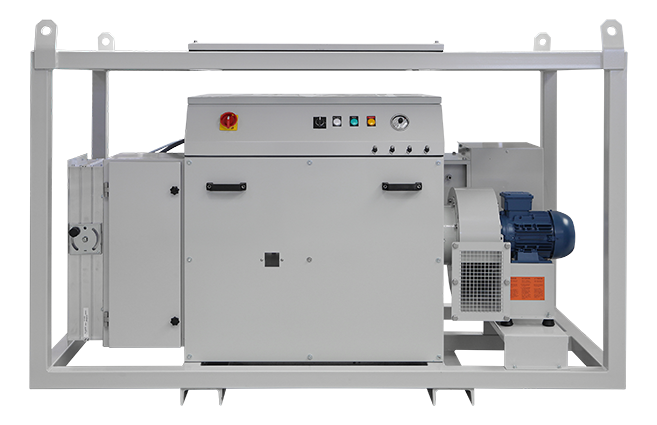 Mobile and heavy duty drying. Series aimed at temporary drying with a robust chassis and finish to protect against corrosion. Ideal for surface treatment and rental applications.
Mobile and heavy duty drying. Series aimed at temporary drying with a robust chassis and finish to protect against corrosion. Ideal for surface treatment and rental applications. -
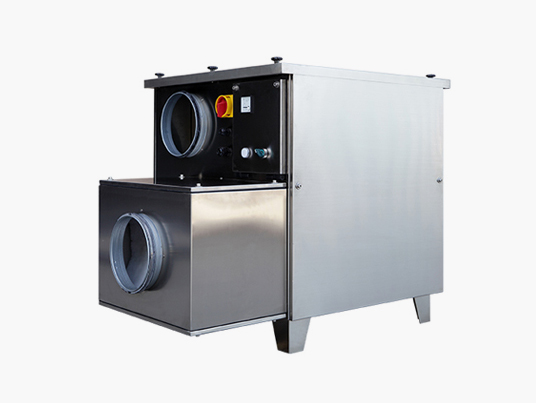 The compact solution. This range completes the B series with an additional fan to increase the specific drying capacity and the available wet air pressure.
The compact solution. This range completes the B series with an additional fan to increase the specific drying capacity and the available wet air pressure. -
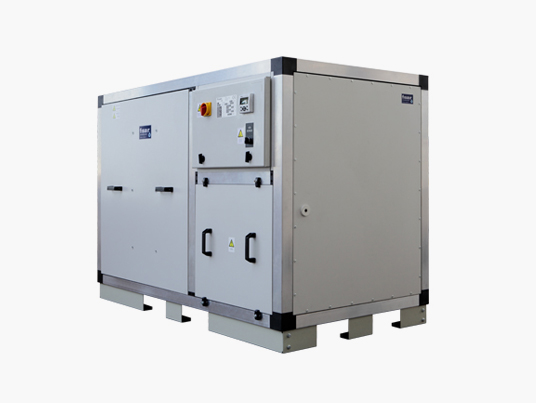 Ice-free energy lossless. Units designed to reduce humidity in refrigerated areas and proceses. Leader in its field in terms of its thermal insulation, robust design and energy efficiency.
Ice-free energy lossless. Units designed to reduce humidity in refrigerated areas and proceses. Leader in its field in terms of its thermal insulation, robust design and energy efficiency.
For most armed forces, the ammunition that they require will vary in size from 0.22-caliber bullets to GPS-guided missiles and contain explosive charges somewhere in the design. It is essential that ammunition is kept dry if explosive propellants, and charges are to function effectively. Ammonium nitrate, gunpowder, solid fuel, etc. are extremely sensitive to moisture and will become completely ineffective if stored in uncontrolled conditions. Ammonium nitrate naturally becomes explosive in high humidity conditions. The correct storage of ammunition is a vital security consideration in defense operations.

